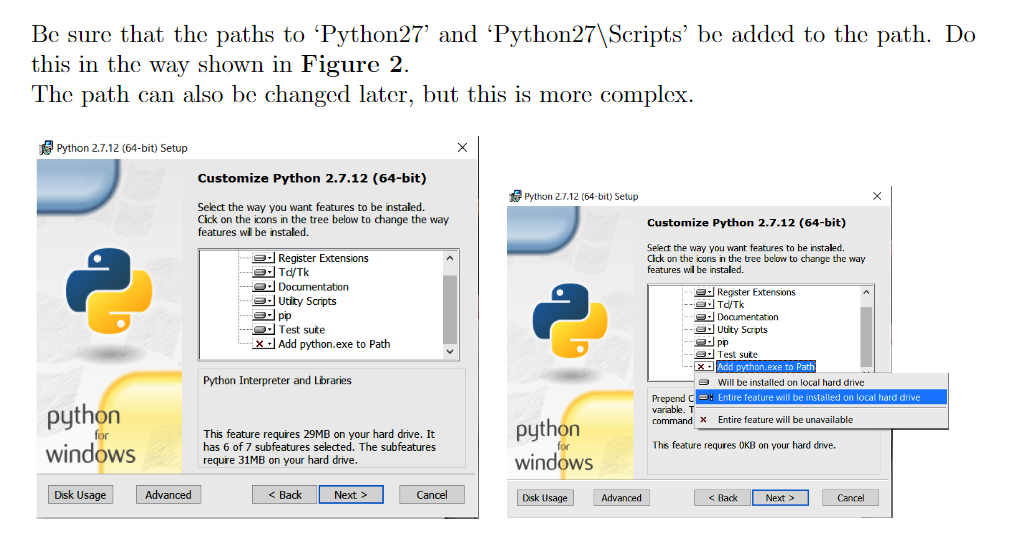

Privacy & Cookies: This site uses cookies. Generally, you will install packages from PyPI. With pip, you can install packages from PyPI, version control, local projects, and from distribution files. In this section, we show you a few useful basic pip commands. The output will look something like this: pip 20.0.2 from /usr/local/lib/python2.7/dist-packages/pip (python 2.7) How to Use Pip Verify the installation by printing the pip version number: pip2 -version The script will also install setuptools and wheel, which allow you to install source distributions. If you want to install it only for your user, run the command without sudo. Once the repository is enabled, run the script as sudo user with python2 to install pip for Python 2: sudo python2 get-pip.py


Use curl to download the get-pip.py script: curl -output get-pip.py Update the packages index and install Python 2: sudo apt update sudo apt install python2 Start by enabling the universe repository: sudo add-apt-repository universe We’ll be installing pip for Python 2 using the get-pip.py script. Pip for Python 2 is not included in the Ubuntu 20.04 repositories. The version number may vary, but it will look something like this: pip 20.0.2 from /usr/lib/python3/dist-packages/pip (python 3.8) Installing pip for Python 2 When the installation is complete, verify the installation by checking the pip version: pip3 -version The command above will also install all the dependencies required for building Python modules. To install pip for Python 3 on Ubuntu 20.04 run the following commands as root or sudo user in your terminal: sudo apt update sudo apt install python3-pip This way, you do not have to worry about affecting other Python projects. Python Virtual Environments allows you to install Python modules in an isolated location for a specific project, rather than being installed globally.

Prefer using pip within a virtual environment only. Use pip to install a module globally only if there is no deb package for that module. Python 3 packages are prefixed with python3- and Python 2 packages are prefixed with python2. When installing a Python module globally, it is highly recommended to install the module’s deb package with the apt tool as they are tested to work properly on Ubuntu systems. Users are encouraged to switch to Python 3. Starting from Ubuntu 20.04, Python 3 is included in the base system installation, and Python 2 is available for installation from the Universe repository. Python comes in two flavors Python 2 and Python 3. We will also walk you through the basics of installing and otherwise managing Python packages with pip. This guide explains how to install pip for Python 3 and Python 2 on Ubuntu 20.04. With pip, you can search, download, and install packages from Python Package Index (PyPI) and other package indexes. Pip is a tool for installing Python packages.


 0 kommentar(er)
0 kommentar(er)
